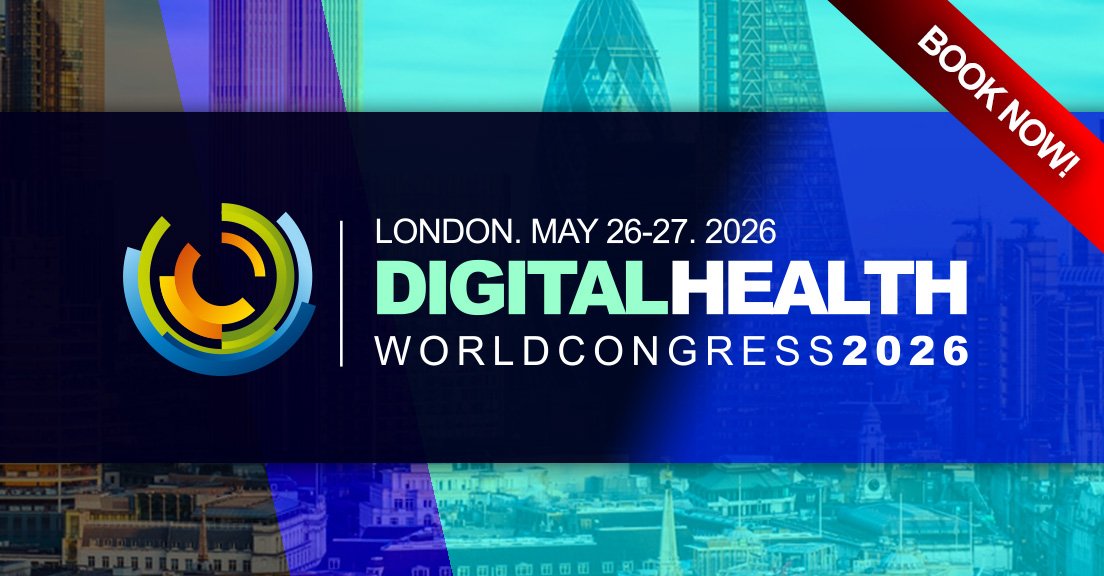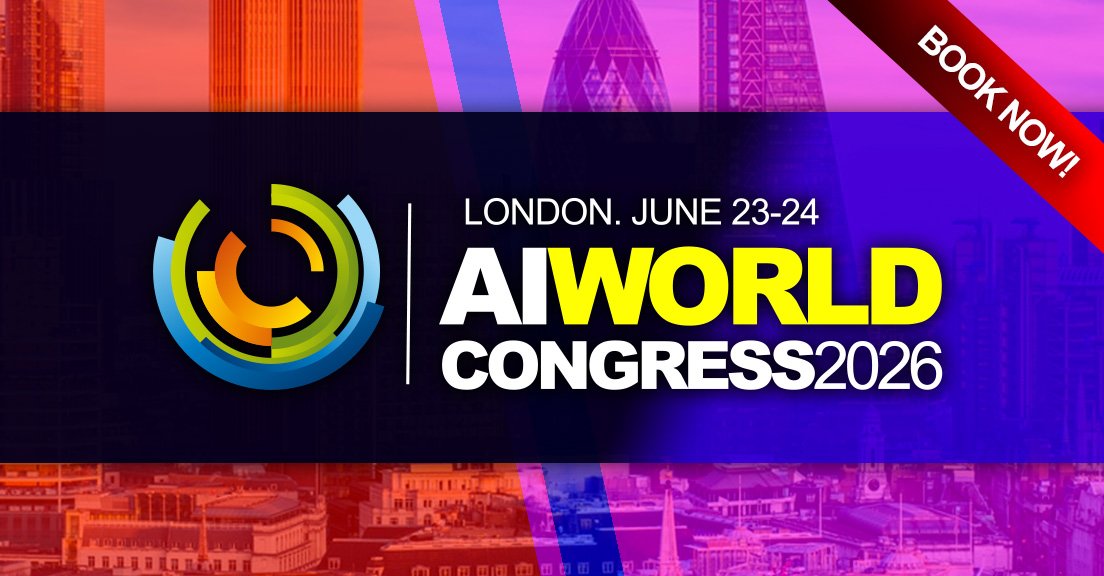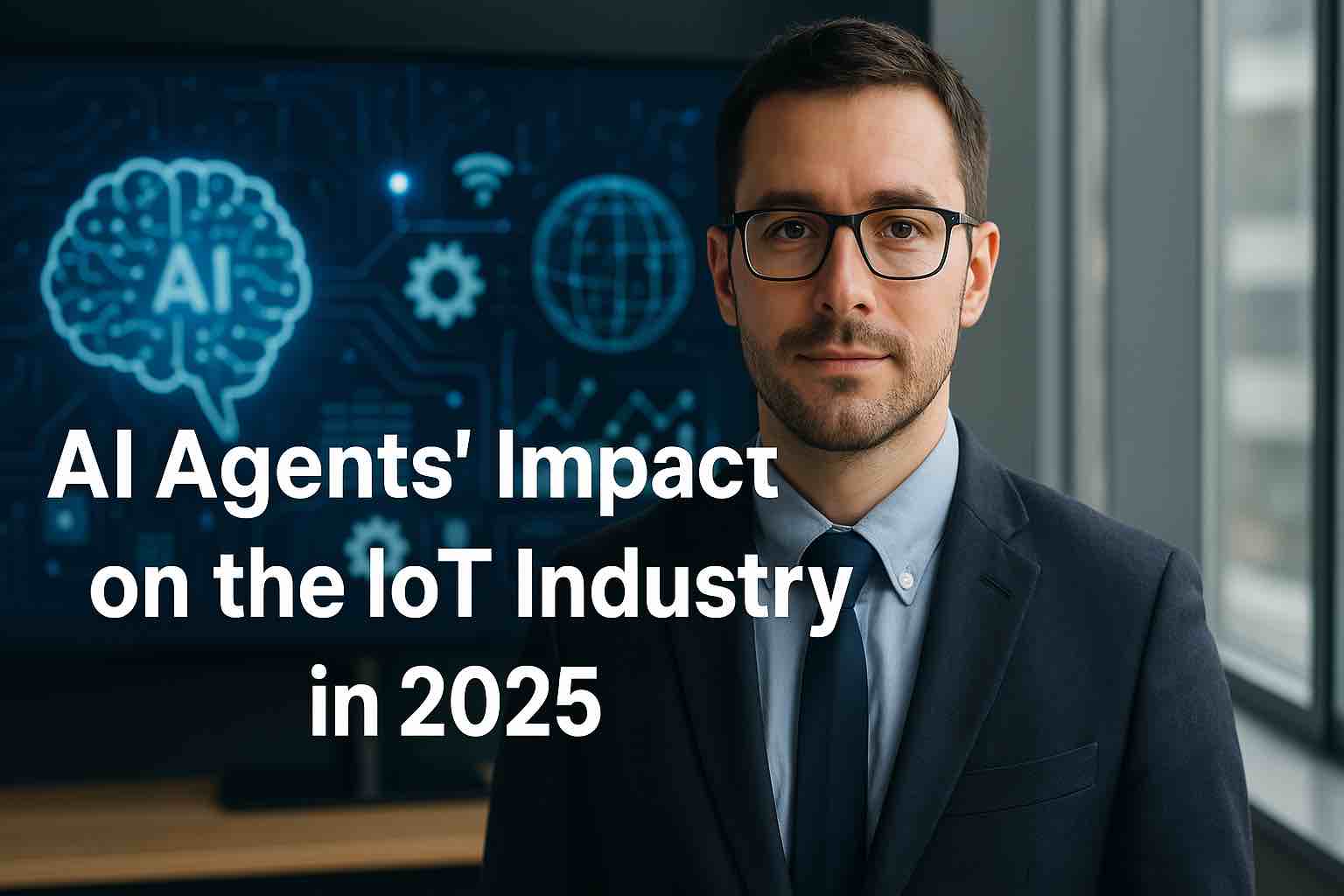

Introduction
In 2025, the convergence of Artificial Intelligence (AI) agents and the Internet of Things (IoT) is revolutionizing industries by enhancing automation, decision-making, and connectivity. AI agents—autonomous systems capable of perceiving environments, processing information, and executing actions—are becoming integral to IoT ecosystems, leading to more intelligent and responsive networks.
The Rise of Agentic AI in IoT
Agentic AI refers to AI systems that operate with a high degree of independence, making decisions and taking actions to achieve specific goals. Unlike traditional AI programmed for specific tasks, agentic systems can interpret complex objectives, understand context, and make informed decisions autonomously. These systems are designed to work like human employees, comprehending natural language input, setting objectives, reasoning through tasks, and modifying actions based on updated information .LinkedIn
Edge Computing and Real-Time Intelligence
One of the most significant trends in Industrial IoT is edge computing, which keeps processing close to the data source rather than sending it to distant servers. In factory settings, devices in the local edge network handle processing without sending data elsewhere, resulting in faster operation, improved efficiency, and enhanced security. Forward-looking industrial companies are fusing edge computing and AI into Edge AI, bringing real-time intelligence directly to manufacturing processes. This approach helps increase privacy, enhance cybersecurity, reduce costs, and secure persistent improvement of manufacturing processes without the latency and bandwidth limitations of cloud-based solutions .
Enhancing IoT Security with AI Agents
As the Industrial IoT ecosystem expands, security concerns become more pronounced. In 2025, industries are focusing on implementing robust cybersecurity measures to safeguard their IoT devices and networks. From advanced encryption techniques to secure device onboarding processes, organizations are actively addressing vulnerabilities to protect against cyber threats that could compromise critical infrastructure and sensitive data. This proactive approach is essential as the attack surface grows with each connected device added to the industrial network .
AI Agents in Smart Cities and Infrastructure
By 2025, the integration of AI and IoT (AIoT) is creating a new era of connectivity and intelligence. AIoT enhances real-time decision-making and automation across industries and everyday applications. In smart cities, AIoT optimizes urban infrastructure, from traffic management to energy distribution. IoT sensors collect data on traffic flow, while AI algorithms analyze it to adjust signals and reduce congestion. In energy grids, AIoT systems balance supply and demand dynamically, integrating renewable energy sources efficiently .
AI Agents in Healthcare and Personalized Medicine
The health sector is experiencing profound changes due to the adoption of AI agents. From streamlining administrative processes to improving diagnostic accuracy and patient care, the impact of artificial intelligence in healthcare is undeniable. Hospitals and clinics are deploying intelligent systems to manage patient data, optimize treatment protocols, and enhance overall service delivery. Industry reports indicate that these innovations not only reduce costs but also lead to better outcomes for patients .
Economic Implications and Workforce Transformation
The economic implications of deploying AI agents are multifaceted. While there are concerns about automation leading to job displacement, many experts argue that the increased productivity and operational efficiencies delivered by these systems drive overall economic growth. Companies leveraging artificial intelligence are experiencing improvements in profitability, competitiveness, and market positioning. Research suggests that strategic investments in intelligent systems not only enhance current operations but also foster innovation that leads to the creation of new markets and job opportunities .
Challenges and Ethical Considerations
As businesses integrate AI agents more deeply into their operations, regulatory and ethical considerations have taken center stage. Ensuring data privacy, maintaining transparency, and upholding ethical standards are critical challenges that must be addressed as technology evolves. Policymakers, industry leaders, and technology experts are collaborating to develop frameworks that balance innovation with accountability. Reports from prominent sources indicate that the successful integration of artificial intelligence hinges on establishing clear guidelines and robust governance mechanisms. In this rapidly changing landscape, ethical considerations are paramount in maintaining public trust and ensuring that technological progress benefits society as a whole .
Conclusion
In 2025, AI agents are significantly impacting the IoT industry by enhancing automation, decision-making, and connectivity across various sectors. Their integration into IoT ecosystems is leading to more intelligent and responsive networks, transforming industries such as manufacturing, healthcare, and urban infrastructure. While challenges remain in terms of security, ethics, and workforce transformation, the continued evolution of AI agents promises to drive innovation and efficiency in the IoT landscape.













